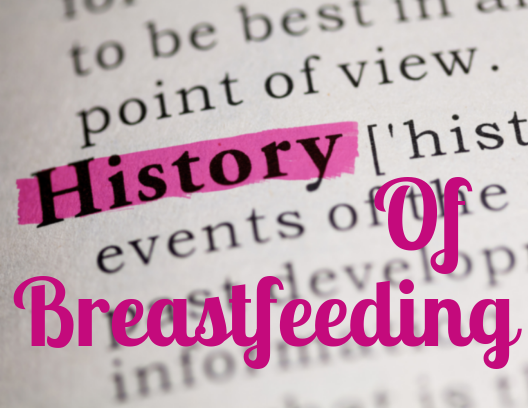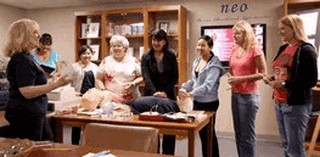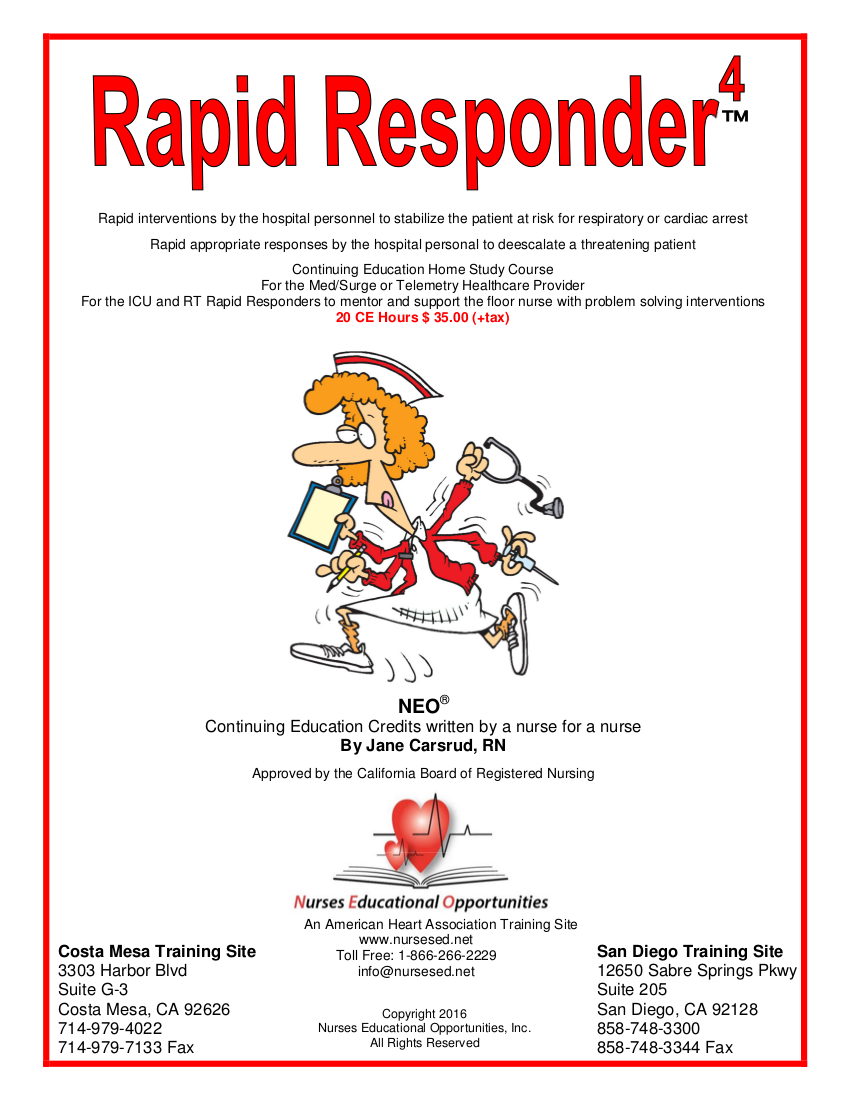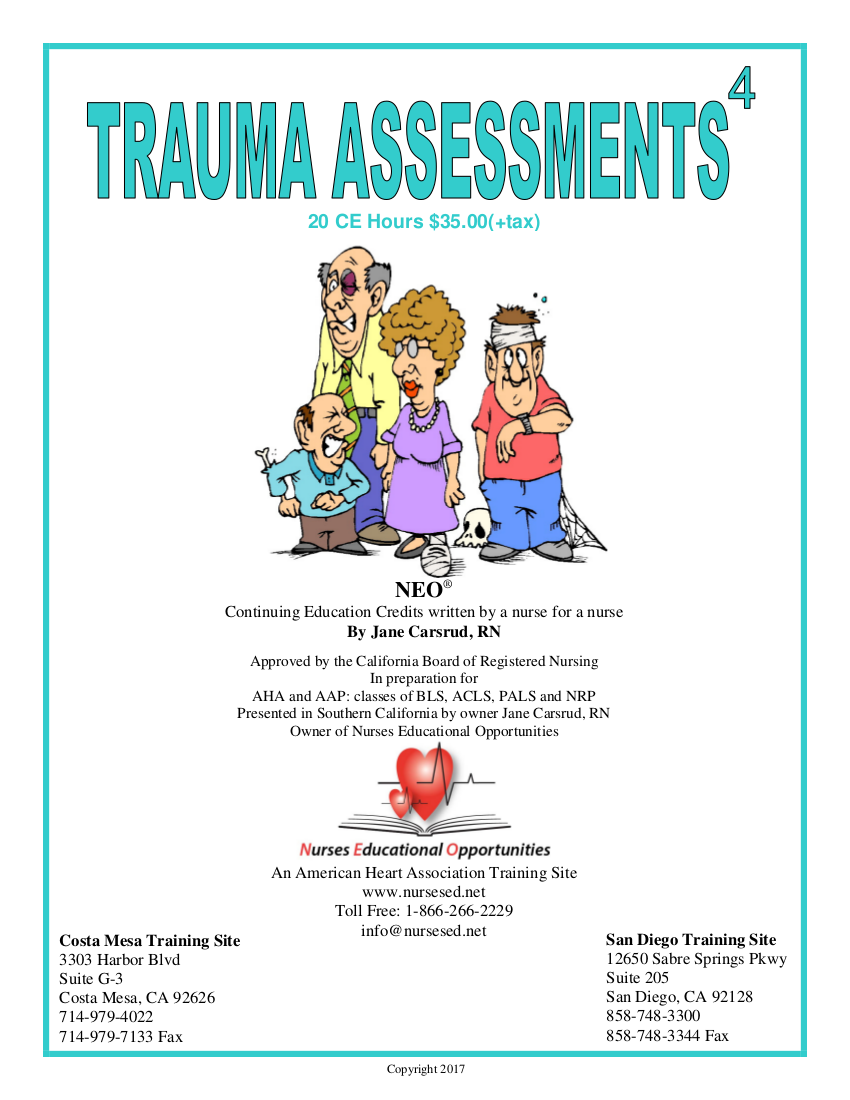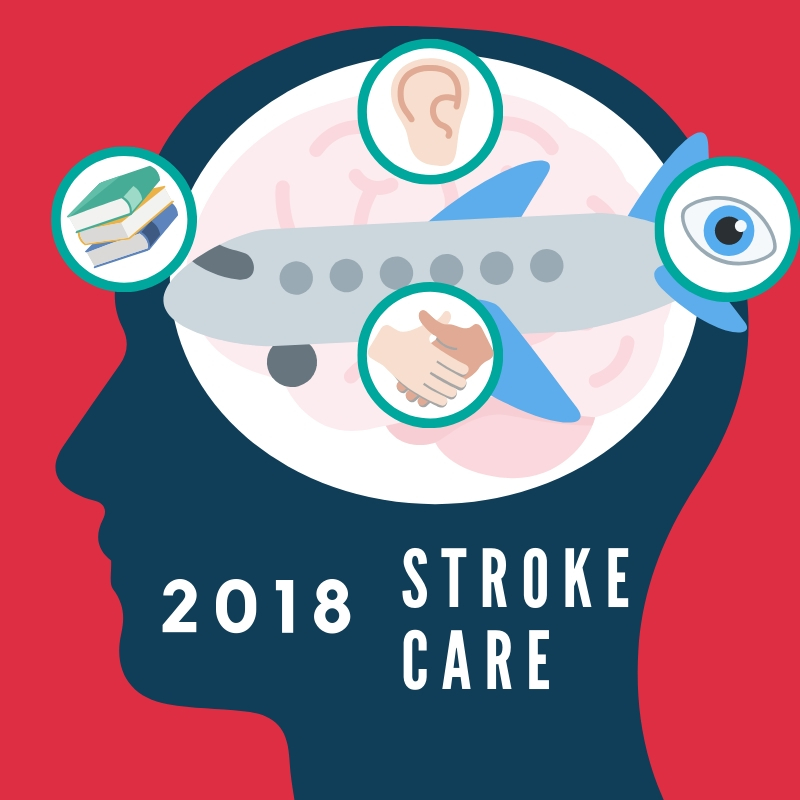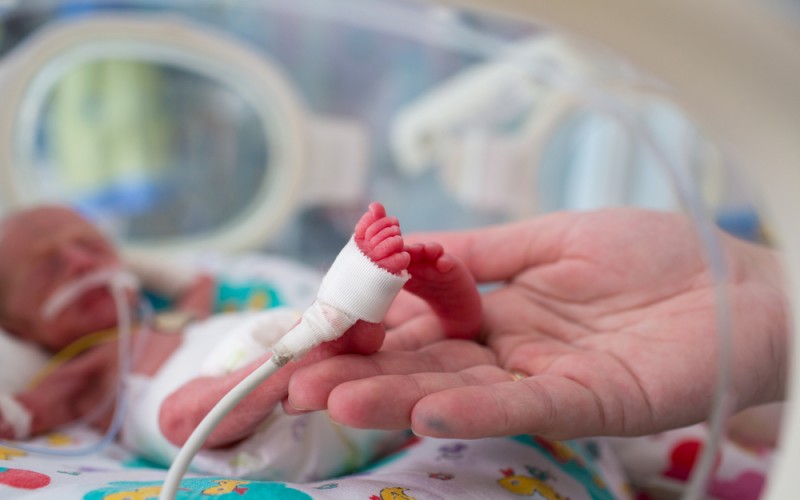-
AHA ACLS, AHA NRP, All Services, BabyFriendly(tm) Policy, Breastfeeding Education, Fetal Heart Monitoring, Labor and Delivery, Maternal Child Health, Neonatal Intensive Care NICU, New Grad Maternal Child Program, New Graduates of Nursing, NRP Skills, Nursing Advocacy, San Diego
The Baby Friendly Initiative History
Congratulations Southern California Nurses, for your efforts in promoting the Baby Friendly Initiative. Hospitals and Maternal-Child Health departments have set a powerful example for women nationwide. To summarize, in 2007 only 29% of USA hospitals used breastfeeding measures. By 2013, this percentage increased to 54%. Additionally, in California, rates increased to as much as 94% for some breastfeeding and 70% for exclusive breastfeeding. Indeed, the attainment of Baby Friendly designation has proven to be a strenuous, but worthwhile journey. More than one million infants die worldwide every year because they are not breastfed exclusively for 6 months. If 90% of babies were breastfed exclusively for 6 months, 911 lives could…
-
AHA ACLS, AHA BLS, AHA PALS, All Services, American Heart Association, Featured This Month, Maternal Child Health, Neonatal Intensive Care NICU, New Grad Maternal Child Program, New Graduates of Nursing, NRP Skills, Nursing Advocacy, Orange County, San Diego, Specialty
How to Develop your Critical Thinking Skills
“Inquiring minds want to know” Critical thinking is the ability to think clearly and rationally about what to do. Nurses with critical thinking skills are able to understand the logical connections between patient adversities and treatment. To illustrate, a reciprocal connection exists between a nurse and his/her patient where the nurse is the patient’s advocate and the patient relies on the nurse to be his or her advocate. Moreover, nursing is an honorable profession, and nurses are the heart and soul of the healthcare system. It is the nurse that the patient spends the most time during his or her stay in the hospital, therefore critical thinking for nurses is a…
-
2018 Stroke Care Guidelines
The brain is a convoluted organ with many highways and byways. It’s amazing how the brain sorts out millions of messages and allows us to communicate and move about. However, damage caused to the brain by a stroke can immensely impair a person’s ability to communicate and function effectively. For these reasons in 2017 the American Heart Association announced they were reaching beyond their boundaries of heart disease to encompass Brain Disorders, specifically that of stroke. To begin breaking down the vast and intricate details of the brain we must perceive the brain like the passengers in a flight. Are you ready! “Passengers, we are ready for take-off. Put your seats…
-
AHA ACLS, AHA BLS, AHA NRP, AHA PALS, ICU/ER Track, Labor and Delivery, Neonatal Intensive Care NICU, NRP Skills, Nursing Advocacy, Orange County, San Diego
Klebsiella pneumoniae and Healthcare Acquired Infections
Do you know why Healthcare Acquired Infections are on the rise? One reason is Klebsiella pneumoniae. Actually, Klebsiella pneumoniae CAN be a friendly bacterium, especially to our environment and GI tract; but nurses don’t turn your back! These little capsule wearing, sticky suckers can cause serious havoc to the fragile lungs. To put it briefly, Klebsiella pneumoniae can be an opportunistic bacterium. In fact, it can cause a dangerous form of bacterial pneumonia in children, the elderly and immunocompromised individuals. Contact with feces allows people to serve as reservoirs and transmit the bacteria from person to person. Under those circumstances, these individuals can become severely ill or die from complications.…
-
AHA ACLS, AHA NRP, All Services, Neonatal Intensive Care NICU, New Grad Maternal Child Program, NICU Track for New Grad RN's, Nursing Advocacy
Anticipating Neonatal Resuscitation
The American Academy of Pediatrics Neonatal Resuscitation Program, NRP, is a critical certification for all Obstetrical healthcare providers including midwives. Most importantly, anticipating plus performing effective neonatal resuscitation is the key for a successful outcome if neonatal cardiac or respiratory arrest occurs. Furthermore, Neonatal Intensive Care Nurses are responsible for attending High Risk deliveries. In addition, NICU nurses are also responsible for performing neonatal resuscitation as part of a team. It is important to understand that not every delivery is perfect. Even if the pregnancy is considered normal or healthy unexpected outcomes may occur. For these reason, it is imperative for Labor and Delivery plus Postpartum nurses to complete the…
